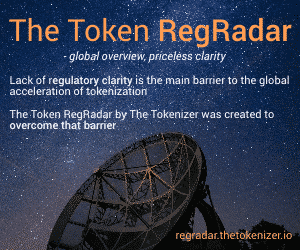Security Token Offerings (STOs) for NFTs?
Thinking of selling NFTs? If so, you should be aware that the issuance of NFTs may, in some circumstances, constitute the sale of securities, which would require either registering the securities with the Securities Exchange Commission (SEC), qualifying for an exemption from registration, or risking exposure to future litigation.
In fact, platform developer “Dapper Labs,” creator of the NBA’s Top Shot platform, was recently sued for allegedly selling its non-fungible tokens (NFTs) as unregistered securities. Putting the merits of the claim aside, it is a striking example of the potential liability that current issuers of NFTs are facing; that is, existing issuers of NFTs may risk exposure to future lawsuits for selling unregistered securities by people who bought their NFTs in the past.
Accordingly, those thinking of selling NFTs should consider doing so through what is known as a security token offering (STO) – a process that legally enables entities to quickly fundraise under one of the SEC’s exemptions from registration, thereby remaining compliant with U.S. securities laws and regulations.
After qualifying for an SEC exemption, the tokens can be issued on a tokenization platform and then traded on a secondary market through an alternative trading system (ATS).
Because almost all digitized units offered at the fundraising stage in the U.S. are considered securities, they have been commonly referred to as “security tokens.” And offerings to investors of the tokens have been referred to as STOs.
The U.S. regulatory environment already allows STOs, and it is expected to develop further. Although the tokenization process can be a challenging task due to the complexities associated with corporate, securities, and tax laws, as well as limitations that pre-existed the concept of digital securities on a blockchain, the process also offers both short- and long-term benefits that entities seeking to raise capital should consider leveraging.
And, given that certain NFTs may qualify as securities under what is known in Securities law parlance as the “Howey Test,” it is fair to assume that the rules and regulations that apply to STOs will also apply to NFTs which are deemed securities. NFTs, therefore, will have to comply with the applicable rules and regulations relating to exemptions from registration, as well as AML/KYC requirements of STOs.
Moreover, structuring a security token offering under the 506(c) SEC exemption is a relatively quick process, which generally may take less than a month.
For a comprehensive overview of the proposed framework for offering and selling NFTs in compliance with securities laws, please refer to Dilendorf Law Firm’s report – here.
Photo by Jefferson Santos on Unsplash
More Stories:
You Might also Like















